When I first heard about the famous “1% rule,” I was sitting with friends in a circle. One said: “So, CBD is legal as long as it has less THC than weed. But how much again – 0.2 or 1%?” Another nodded knowingly but wasn’t quite sure either. And me? I was completely confused. Maybe you’ve experienced this too: you just want to know if you can legally buy and enjoy CBD flowers without getting into trouble.
In recent years, CBD has popped up everywhere in Switzerland – from pharmacies to gas stations to large online shops. But the more products are circulating, the more questions arise: What’s the legal situation? What about drug tests? And why is Switzerland actually so relaxed compared to Germany or Austria?
This article is here to answer exactly that – clearly, with real examples and without dry legal jargon. So let’s take a step-by-step look at what the famous 1% rule means, what it means for you, and where the pitfalls are. 🌱
The 1% Rule in Switzerland – What It Really Means
In Switzerland, the rule has been clear for years: Cannabis products with less than 1% THC are legal. This applies to CBD flowers, oils, cosmetics, or hash. In concrete terms: as long as the THC content stays below this threshold, you can buy, possess, and consume them.
In comparison, the limits in our neighboring countries are stricter: Germany allows a maximum of 0.2%, Austria 0.3%. A buddy of mine who travels a lot in Germany has told me several times how complicated it was for him to bring CBD flowers back home – in Switzerland, no problem as long as he sticks to the 1% rule.
👉 For you this means: products from reputable Swiss shops are legally safe – if they are lab-tested. And that’s where the wheat separates from the chaff: if you buy cheap from abroad, you often don’t know whether the limit is met.
Is CBD Really Legal in Switzerland?
Yes, but with clear rules. You can buy CBD flowers, hash, or oils in shops or online as long as they stay under 1% THC. The products are officially sold as tobacco substitutes or aroma articles, not as medicines.
For example: A friend of mine works in a kiosk. A few years ago, he was skeptical when the first CBD joints appeared next to Marlboros. Today he says: “It sells almost as well as tobacco.” Still: just because it’s legal doesn’t mean you have no responsibility. The products are intended for adults and should be consumed consciously – just like wine or beer.
CBD in Everyday Life: What Consumers Need to Know
Legality is one thing, reality in everyday life another.
-
Public consumption: Basically allowed – as long as you follow general smoking bans (e.g. public transport, restaurants). But be careful: CBD flowers smell like classic weed. This can quickly lead to misunderstandings with passers-by or the police.
-
Drug tests: A topic many underestimate. Even legal CBD products can contain traces of THC. Under 1%, yes, but with frequent use a positive urine test is not excluded (Skopp et al., 2020). A colleague of mine had to experience this the hard way at a traffic stop – legally fine, but still stress with the police.
-
Forms of consumption: The most popular are CBD flowers for smoking or vaporizing, as well as cosmetic products. Orally ingested oils are legally considered food and are subject to stricter rules – which is why the focus in Switzerland is clearly on smoking and topical applications.
Differences Between Switzerland, Germany and Austria
Switzerland is more liberal in the CBD sector than EU countries. While 1% THC is allowed here, the limit is 0.2% in Germany and 0.3% in Austria.
This often leads to problems when traveling: those who take CBD flowers from Switzerland to Germany are walking on thin legal ice. For example: An acquaintance tried to take 10 grams of CBD flowers from Zurich to Stuttgart. The result? Customs check, confiscation, and lots of trouble.
👉 So if you’re traveling abroad: better buy locally or leave it.
What You Should Pay Attention to When Buying
Not every CBD product is the same. Reputable providers value transparency and quality. Look for:
-
Lab certificates: They confirm THC content and purity.
-
Origin: Swiss indoor or greenhouse flowers are usually higher quality.
-
Price-performance ratio: Cheap products from abroad sound tempting, but often carry the risk of contamination or false information.
I still remember my first CBD purchases at a gas station – cheap, but disappointing in taste. Only when I switched to tested Swiss flowers did I realize how big the differences are.
Looking Ahead: Will the 1% Rule Remain?
Politics keeps discussing the regulation of cannabis. In Zurich, pilot projects for the controlled distribution of THC-containing cannabis are underway. But the 1% rule for CBD has proven practical and is unlikely to disappear anytime soon.
Many experts still see Switzerland as a pioneer in Europe. If Germany regulates its market, this could also affect CBD laws (Kilmer & Pacula, 2017). Until then, the 1% rule remains a clear advantage for Swiss consumers – and a location advantage for shops like Green Passion.
Conclusion: What You Should Remember
CBD is legal in Switzerland as long as the THC content stays under 1%. For you this means: you can buy flowers, hash, or cosmetic products without fear of penalties. But: responsibility remains. Be aware that CBD smells like cannabis, drug tests can be problematic, and quality is crucial.
If you value tested, high-quality products, it’s worth relying on reputable providers. 🌱
👉 Gentle CTA: Check out the Green Passion Shop – there you’ll find a wide selection of legal CBD products from Swiss production, all lab-tested and with transparent information.
Sources (APA 7)
-
Kilmer, B., & Pacula, R. L. (2017). Understanding and learning from the diversification of cannabis supply laws. Addiction, 112(7), 1128–1135. https://doi.org/10.1111/add.13741
-
Skopp, G., Mikus, G., & Mattern, R. (2020). Residual THC levels in urine after chronic use of cannabidiol-rich hemp products. Forensic Science International, 310, 110261. https://doi.org/10.1016/j.forsciint.2020.110261
-
Swiss Federal Office of Public Health (BAG). (2023). Cannabis and CBD in Switzerland: Legal framework. https://www.bag.admin.ch
-
Austrian Agency for Health and Food Safety (AGES). (2023). Hemp and CBD: Legal situation. https://www.ages.at
-
German Bundestag. (2022). Legal situation of cannabis and CBD in Germany. https://www.bundestag.de
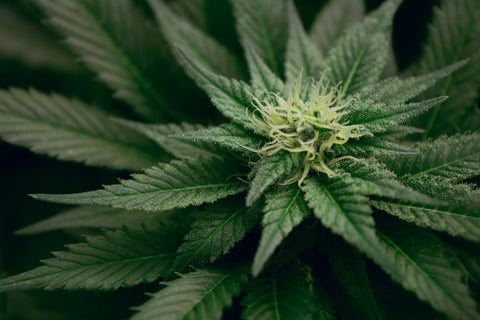
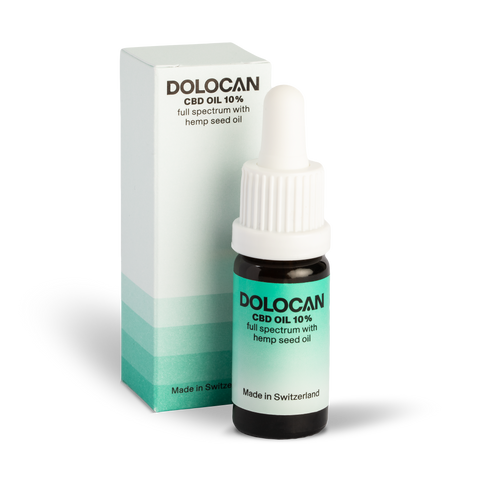
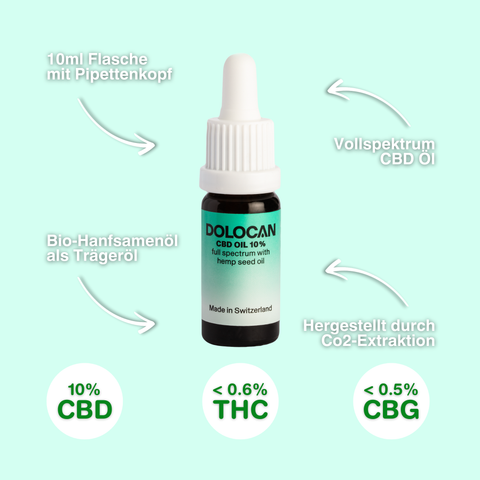
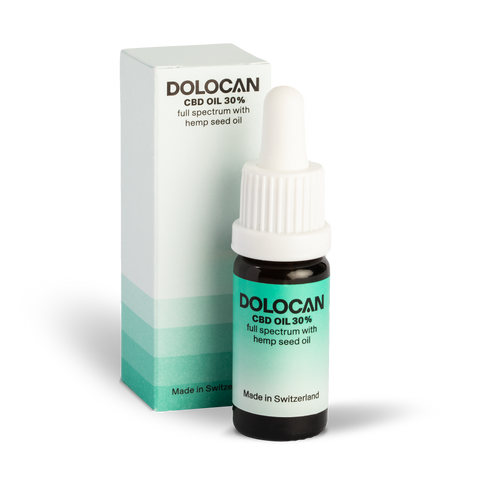
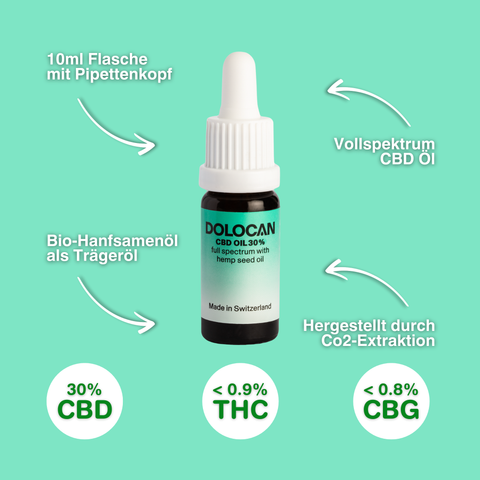
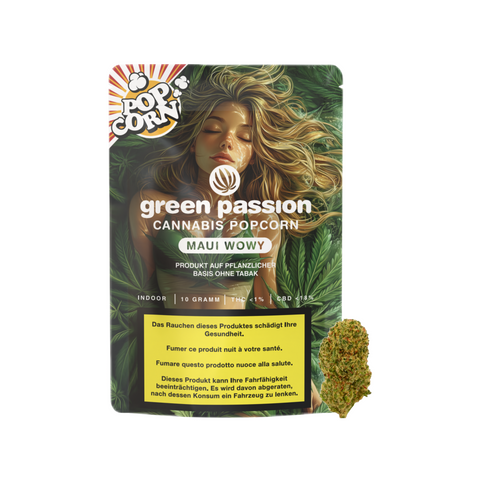
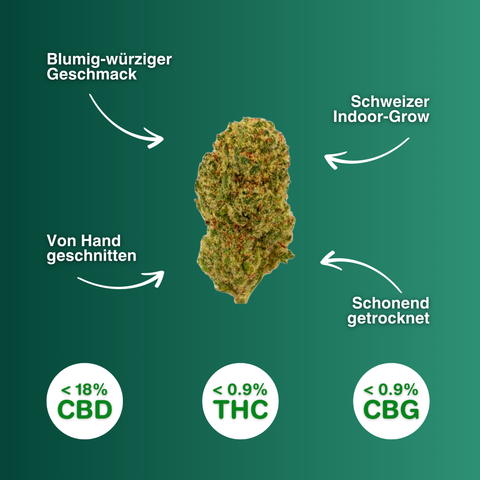
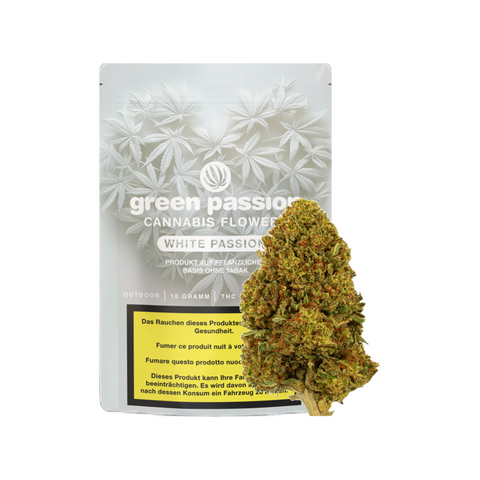
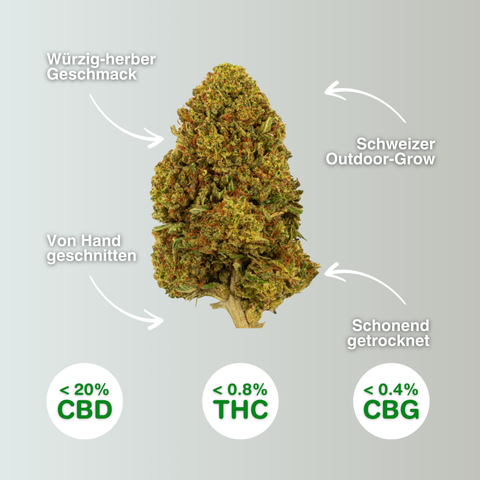
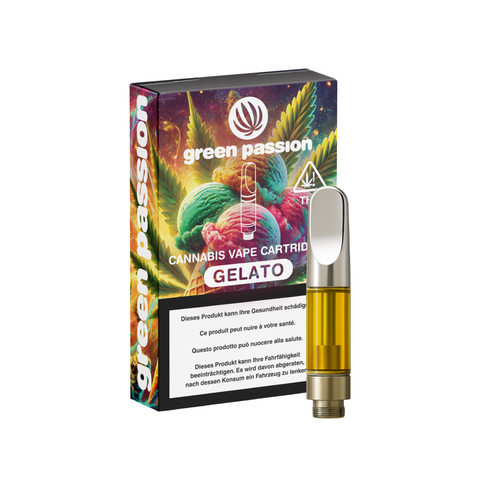
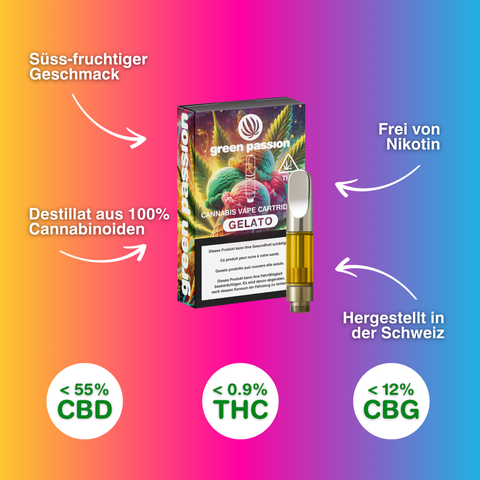
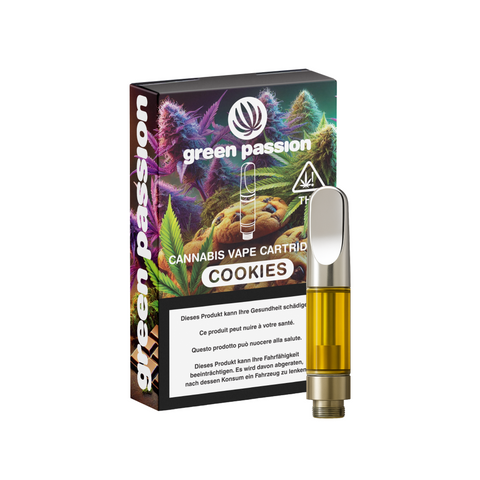
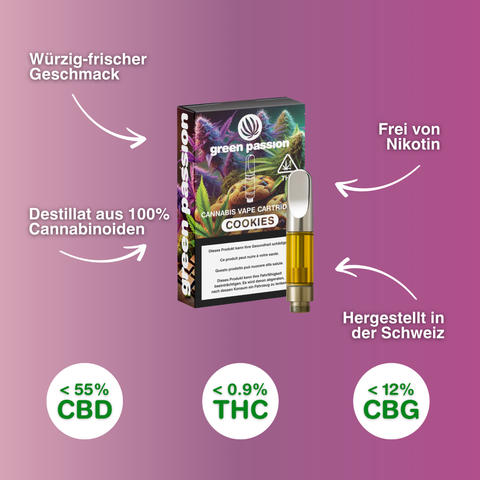
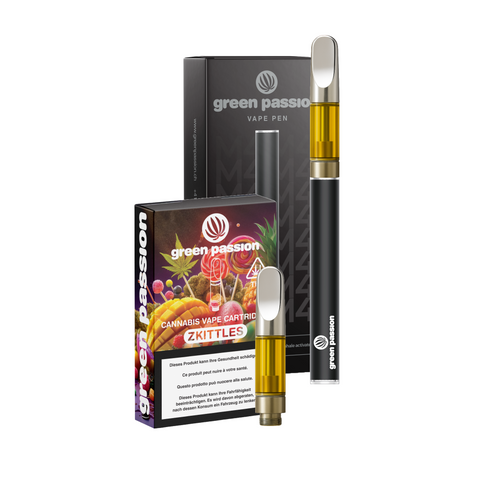
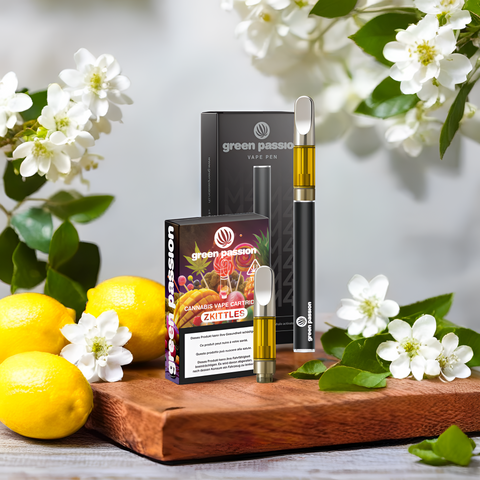



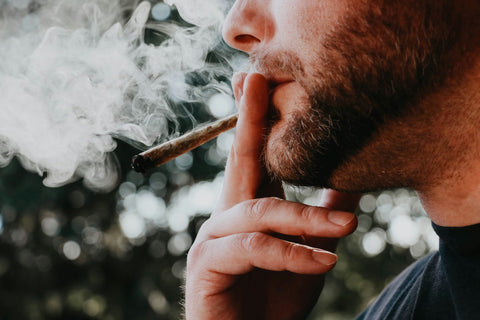
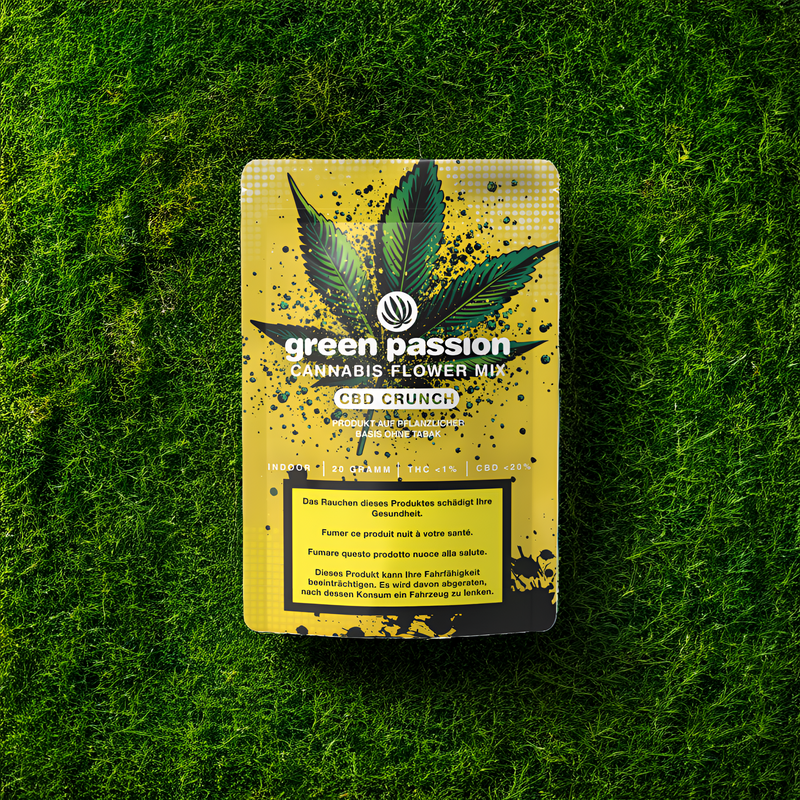
Comments (0)
There are no comments for this article. Be the first one to leave a message!